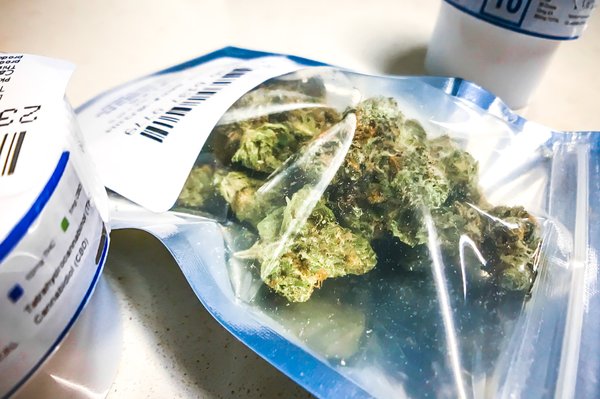Pennsylvania officials have released finalized temporary regulations under the state's medical marijuana program, this time for physicians who choose to take part.
The temporary rules, available online, are the latest set of guidelines to be put in place as officials work to implement the program, signed into law by Gov. Tom Wolf in April 2016. The state plans to publish the regulations in the June 3 edition of the Pennsylvania Bulletin.
- RELATED STORIES
- Marijuana extract helps some kids with epilepsy, study says
- Legalizing weed in Pennsylvania is more popular than ...
- Kenney: Legal marijuana should be sold at Pennsylvania state liquor stores
They outline how a physician with an active Pennsylvania license can register as a practitioner in the Medical Marijuana Program. If a physician deems a patient's medical condition serious enough, the physician can recommend medical marijuana or other treatment options. But a doctor cannot advertise themselves as doctors who can prescribe marijuana, the regulations state.
That state Department of Health has gradually released temporary regulations for medical marijuana growers, dispensaries and laboratories in the last year. The state also drafted a list of temporary physician regulations earlier this year, and it then solicited feedback from doctors about the proposed measures until mid-April.
"We received valuable input from physicians on implementation of this vital step in the program," Pennsylvania Secretary of Health Dr. Karen Murphy said in a news release. "These regulations provide physicians with the information they need on how to participate in the program, how to become registered as a practitioner within the program, and how they will be able to issue patient certifications. Physicians are a vital part of making sure that this medication gets to the patients who need it."
Officials did not detail when the regulations may be made permanent, but they did say the state plans to fully implement the program by early 2018.
The program will offer medical marijuana to patients who live in Pennsylvania and are under a physician's care.
Under Pennsylvania law, a serious medical condition includes cancer, Parkinson's disease, multiple sclerosis, Huntington's disease, Crohn's disease and post-traumatic stress disorder.
The Philadelphia Tribune reported in April that the city issued eight zoning permits for medical marijuana dispensaries in the city and one permit for a growing facility.

